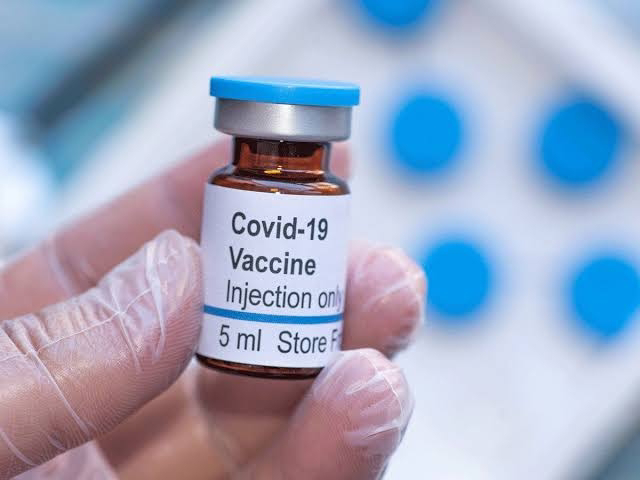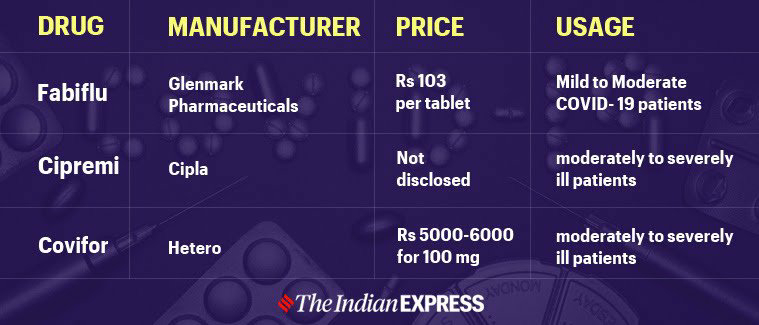Tracking COVID 19 Vaccines research
Researchers worldwide are working around the clock to find a vaccine against SARS-CoV-2, the virus causing the COVID-19 pandemic. The Herculean effort means that a fast-tracked vaccine could come to market anywhere from the end of 2020 to the middle of 2021.
To date, just two coronavirus vaccine has been approved. Sputnik V – formerly known as Gam-COVID-Vac and developed by the Gamaleya Research Institute in Moscow – was approved by the Ministry of Health of the Russian Federation on 11 August. Experts have raised considerable concern about the vaccine’s safety and efficacy given it has not yet entered Phase 3 clinical trials. A second vaccine in Russia, EpiVacCorona, has also been granted regulatory approval, also without entering Phase 3 clinical trials.
The pandemic has created unprecedented public/private partnerships. Operation Warp Speed (OWS) is a collaboration of several US federal government departments including Health and Human Services and its subagencies, Agriculture, Energy and Veterans Affairs and the private sector. OWS has selected three vaccine candidates to fund for Phase 3 trials: Moderna’s mRNA-1273, University of Oxford and AstraZeneca’s AZD1222, and Pfizer and BioNTech's BNT162.
Within OWS, the US National Institutes of Health (NIH) has partnered with more than 18 biopharmaceutical companies to accelerate development of drug and vaccine candidates for COVID-19 (ACTIV). The COVID-19 Prevention Trials Network (COVPN) has also been established, which combines clinical trial networks funded by the National Institute of Allergy and Infectious Diseases (NIAID): the HIV Vaccine Trials Network (HVTN), HIV Prevention Trials Network (HPTN), Infectious Diseases Clinical Research Consortium (IDCRC), and the AIDS Clinical Trials Group.
The COVAX initiative, part of the World Health Organization’s (WHO) Access to COVID-19 Tools (ACT) Accelerator, is being spearheaded by the Coalition for Epidemic Preparedness Innovations (CEPI); Gavi, the Vaccine Alliance; and WHO. The goal is to work with vaccine manufacturers to offer low-cost COVID-19 vaccines to countries. Currently, CEPI’s candidates from companies Inovio, Moderna, CureVac, Institut Pasteur/Merck/Themis, AstraZeneca/University of Oxford, Novavax, University of Hong Kong, Clover Biopharmaceuticals, and University of Queensland/CSL are part of the COVAX initiative. There are further candidates being evaluated in the COVAX Facility from the United States and internationally.
Members of ACTIV have suggested developing safe controlled human infection models (CHIMs) for human trials could take 1-2 years. A sponsor would need to provide data from placebo-controlled trials indicating their vaccine is at least 50% effective against COVID-19 in order to be authorized for use, according to FDA guidance issued and effective 30 June, while the European Union's chief drug regulator has suggested the EU would approve a vaccine with less than 50% efficacy. . Additional FDA guidance on COVID-19 vaccine EUAs was released 06 October. The guidance calls for interim analysis based on a clinical endpoint in a Phase 3 trial of at least 2 months in over 3,000 participants, as well as relevant safety and efficacy data from Phase 1 and Phase 2 trials.


Comments
Post a Comment